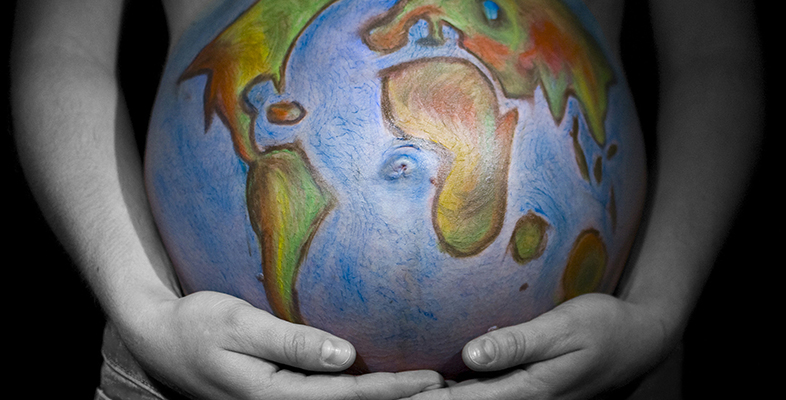6.3 Childbirth - a new kind of risk?
Pro-natalism also acts at an individual level and can be seen at work through behavioural genetics meaning that most adults will wish to have children.
Social institutions and social norms also mean that there are often expectations of both men and women that they will become mothers and fathers. And frequently adults will choose to become parents as it gives, they say, a sense of meaning or order in life.
However, as we have seen, there certainly exists a prevailing trend around the world that when people can make the choice, they choose to have fewer children and some will choose not to have children at all. Could the ‘risk-averse society’ provide some understanding of the fertility patterns that have emerged in Europe and that are also emerging worldwide?
The German sociologist Ulrich Beck’s influential book Risk Society: Towards a New Modernity (1992) identified an element of modern life which has resonated with many. Beck argued that most people develop an awareness of the world as a highly unpredictable place. The world seems to contain serious issues to worry about, such as terrorism, global warming and the modernisation process itself. These issues are both beyond an individual’s control and are likely to have disastrous consequences. Experts seem to be as much in the dark as everyone else and our media frequently amplifies both the disasters and horrors that occur and those that might occur.
Perhaps, so many are choosing one child, or childlessness, because we are living in a ‘risk society’. Childbearing raises the stakes of domestic partnerships and makes major demands on the time and resources of both women and men. So, low fertility is the result, perhaps, not of adults having more options in life and choosing to keep more options open, but, about choosing to take fewer risks.
Risk aversion may be why we see the deterioration of some key institutions such as marriage and of some key concepts such as the importance of creating one family to follow another, with ‘the family’ as a haven from a heartless world.
In the next section, you will consider how nations can try to influence parental choice in very direct, but benign ways.

